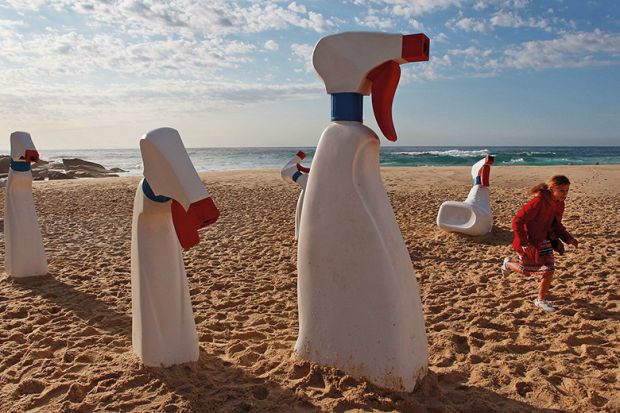Australia must embrace international norms by establishing an independent regulator of research integrity, according to a former corruption commissioner.
Bruce Lander says Australia’s method of managing research misconduct, where institutions investigate their own staff – or even themselves – in accordance with a national code, risks undermining public confidence in the research system.
He says the approach is riddled with conflicts of interest that invite scepticism about investigation results. It also relies on whistle-blowers having the courage to jeopardise their careers by reporting colleagues’ misconduct to their mutual employers, and to risk rendering their own work “contaminated” if their intervention exposes flaws in co-authored papers.
Mr Lander, who was South Australia’s inaugural independent commissioner against corruption, became convinced of the need for a research integrity regulator while reviewing a misconduct case involving Brisbane’s QIMR Berghofer Medical Research Institute.
Mark Smyth, a senior QIMR scientist who was Australia’s most highly cited immunologist, was found in 2021 to have fabricated research data and abused laboratory animals.
QIMR called in Mr Lander to find out how Professor Smyth’s activity had gone undetected for up to seven years before complaints by 10 whistleblowers prompted his departure in late 2020. Mr Lander found that while no one in QIMR management knew about the professor’s research misconduct, colleagues were aware that he had been investigated by a previous employer and presumed his “star” status made him untouchable.
“It would have been a very courageous researcher who made an allegation of research misconduct against someone of Professor Smyth’s stature,” Mr Lander observes. Some did, only to be bullied into quitting by the professor or treated “disgracefully” by QIMR’s “dysfunctional” human resources department.
The institute’s leadership changed shortly before Professor Smyth’s misconduct came to light, and Mr Lander found that its handling of the case since then had been “exemplary”. He proposes the research regulator in a supplementary paper to his report.
The body’s role would be to receive complaints, consider whether they warranted investigation and decide how investigations should be conducted. It would “have oversight” of investigations, occasionally conducting them itself.
“The regulator could require the person under investigation to cooperate in the investigation,” Mr Lander adds. “A researcher who has engaged in serious research misconduct is unlikely to cooperate…under the current regime.” The body’s cost would be outweighed by the reputational benefits for research, he contends.
The chair of QIMR’s council, Arun Sharma, said the paper offered valuable insights from an “eminent legal mind” outside the research system. “It was clear to us that our handling of the investigation and the lessons we learned would be useful for the sector,” he said.
Ethical research campaigner David Vaux said 25 North American and European countries had national offices for research integrity. “Yet Australia persists with the self-regulation model, which [has] worked so well with child abuse, financial affairs and the police,” he quipped.
Professor Vaux said a regulator was in research institutions’ interests. “If a university does an internal investigation and finds somebody guilty, then they can be sued and accused of conspiracy and rivalry. And if they find them innocent, there will be accusations of cover-up and ignoring whistle-blowers.
“If you have an independent body you can avoid all of these legal costs and things dragging out. It should be a no-brainer. Everybody should support it.”
POSTSCRIPT:
Print headline: Benefits of a research integrity watchdog ‘would outweigh costs’
Register to continue
Why register?
- Registration is free and only takes a moment
- Once registered, you can read 3 articles a month
- Sign up for our newsletter
Subscribe
Or subscribe for unlimited access to:
- Unlimited access to news, views, insights & reviews
- Digital editions
- Digital access to THE’s university and college rankings analysis
Already registered or a current subscriber? Login








